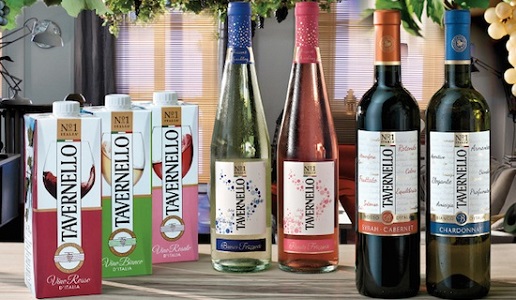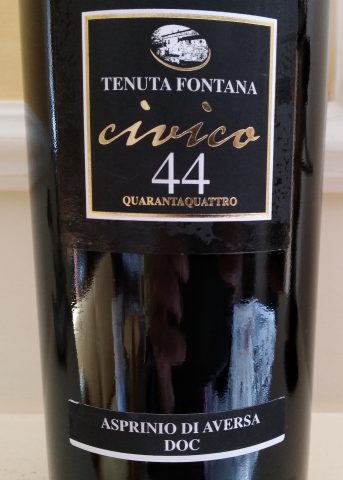The Misapprehension of Tavernello

This “populist” wine is consumed by many and plays a specific role on the market. What is important is to not think it is anything different than what it is.
In the wake of the polemics that arose over the advertisement concerning this low-cost wine, allow me to express my personal opinions about Tavernello and the other “populist” wines sold in cartons or that are sold at cut-rate prices. Aside from Tavernello, this includes Ronco, San Crispino and others.
If it is true, as data appears to show, that some 95% of the wine market is represented by wines that sells for up to 5 euros a bottle (or other containers), then it becomes clear just how fundamental this sector is for the Italian wine market. Had it not existed, it would have to be invented because without this wine the consequences would undoubtedly be negative for the Italian economy. It would lead to a mass disaffection for wine, in general, while consumers who buy this wine would turn to foreign products be they Bulgarian, Romanian, Argentinian or Spanish. And were the big cooperatives like Caviro, Cevico and others to stop producing wines in cartons, many of their members would stop making wine altogether.
This, in turn, would create not only an economic problem but also one for the environment and protecting and managing the landscape. There would be no large-scale initiatives to introduce organic winemaking methods, which many of these cooperatives are in the process of converting to and that involve thousands of winegrowers and hectares of vineyards. And for those who say that this organic farming argument is not enough, it would be too easy to point out that at least it is better than nothing and certainly better than growers abandoning their vineyards.
Then there are the questions related to the intrinsic quality of these mass produced wine products, which is certainly better and more controlled than the vast majority of the bulk wines around. Thus it is not by criticizing, in a more or less elitist way, these wines that the overall level or quality will improve or the wines become more eco-sustainable. Furthermore, when it comes to quality and sustainability, certain aspects perhaps need to be clarified. First among these is that quality is something intrinsic but also perceived. Many people prefer a simple wine to one that is complex, a wine that is easy to drink and inexpensive as opposed to a “territorial” wine that costs more. Environmental sustainability, on the other hand, not only depends on choices made in the vineyard but also regards packaging, energy sources and logistics. These are all aspects that the big producers, be they Caviro in Italy or Gallo Winery in America, tackle in a very clear way. For all these reasons, I see no justification for being ironic about certain wines in a more or less snobbish way.
That said, it is obvious that these low-cost wines are basic and acceptable but are certainly not quality products. As for me, if there does exist any misconception it lies in the attempt to present these wines as something more than what they are for reasons that have nothing to do with their role and characteristics.

 Italiano
Italiano








